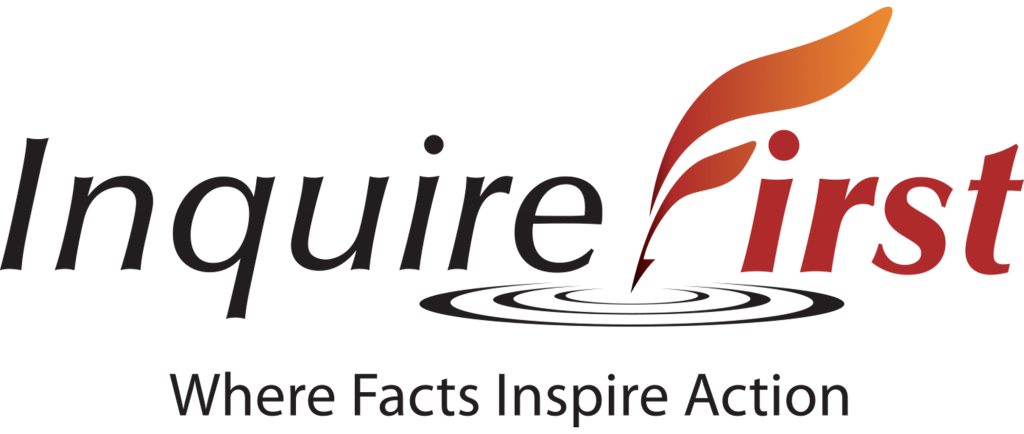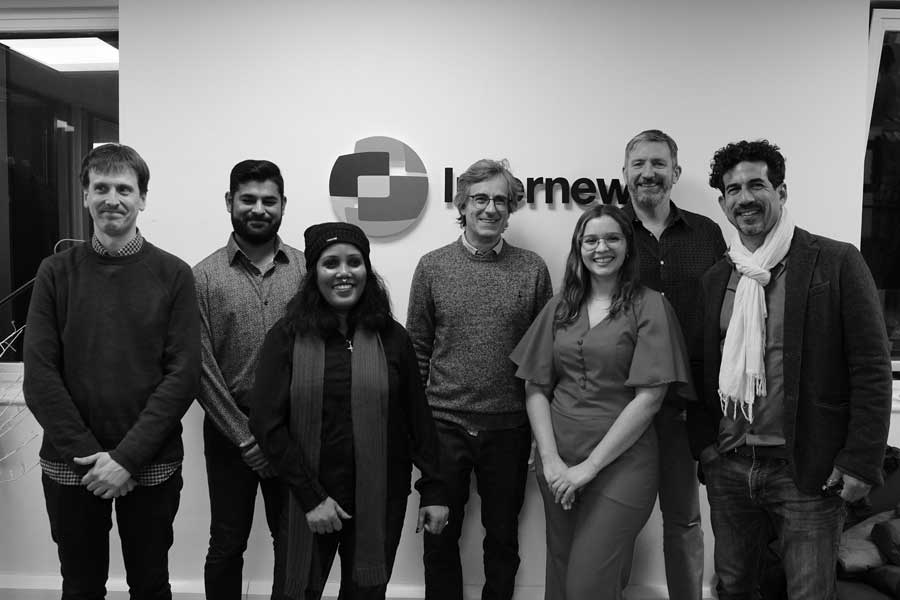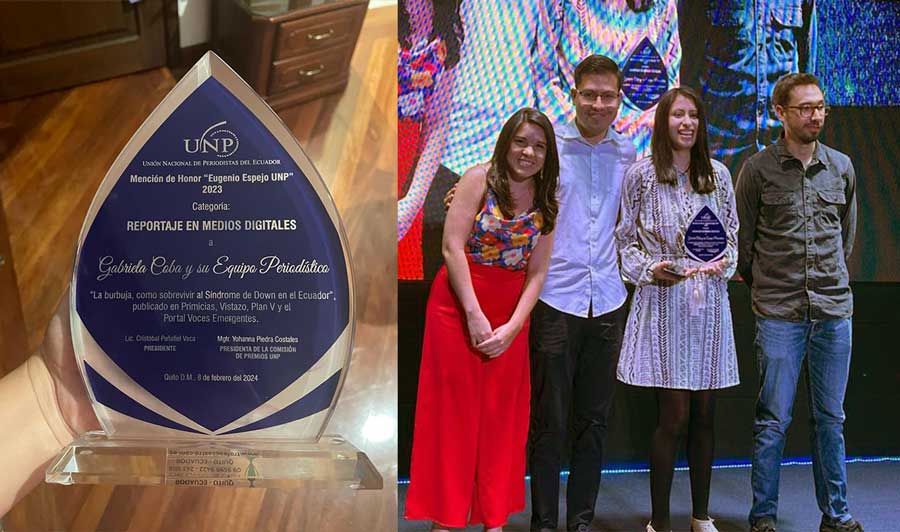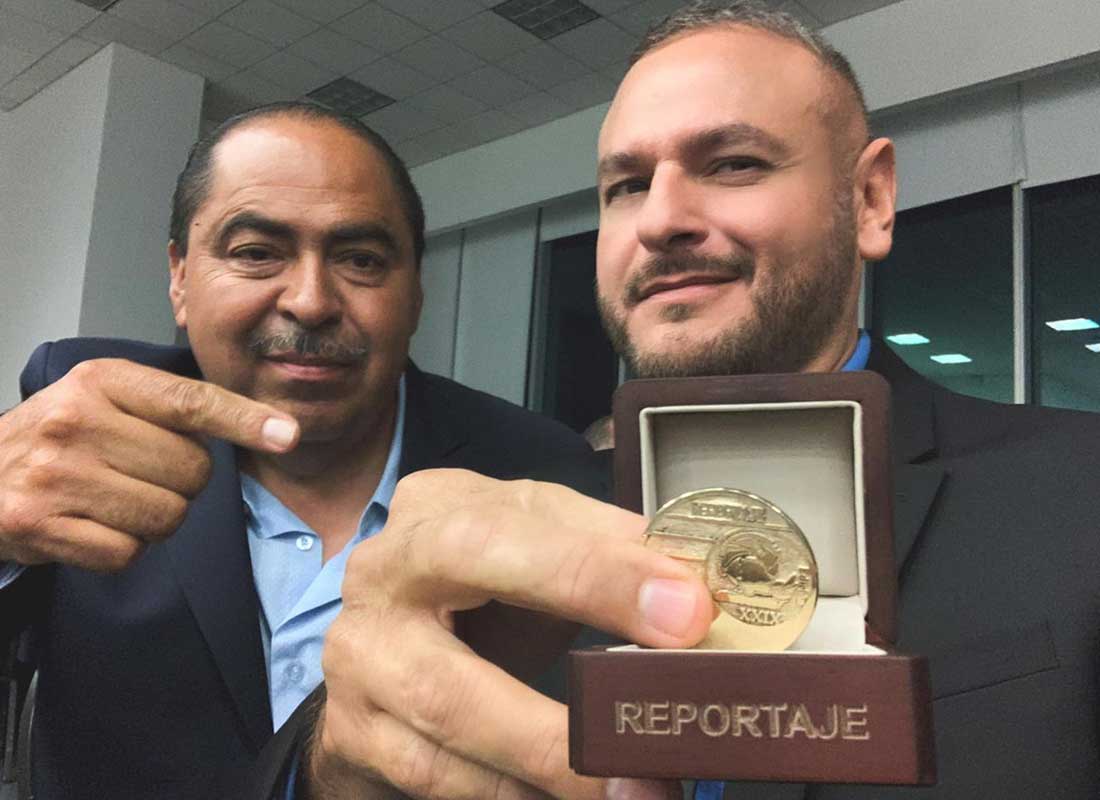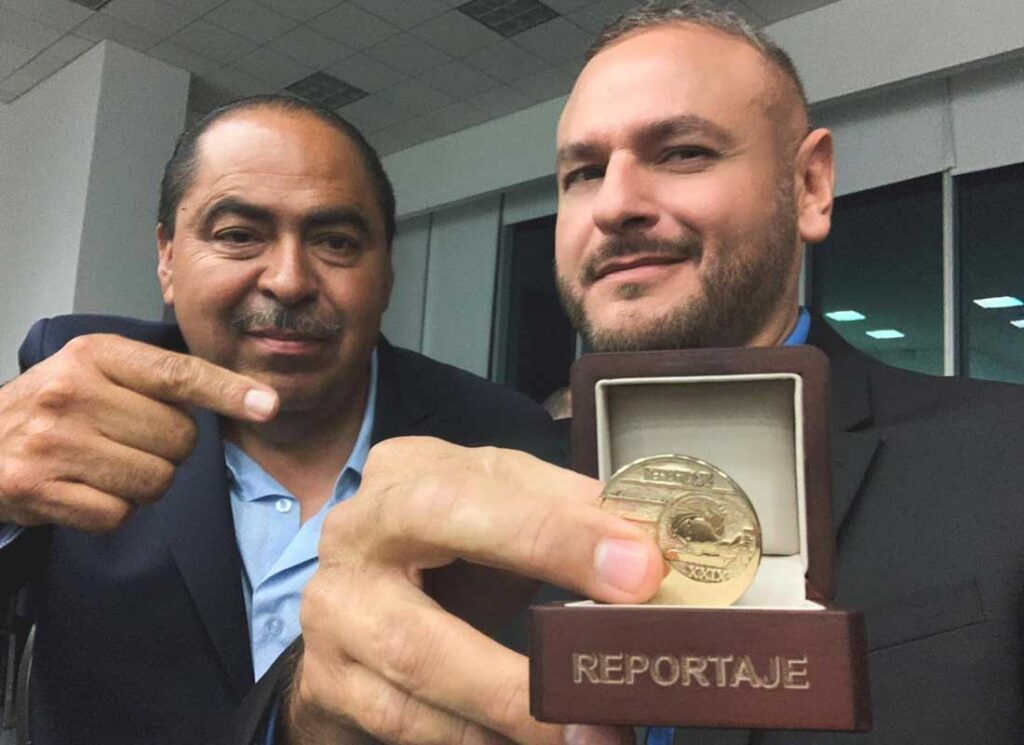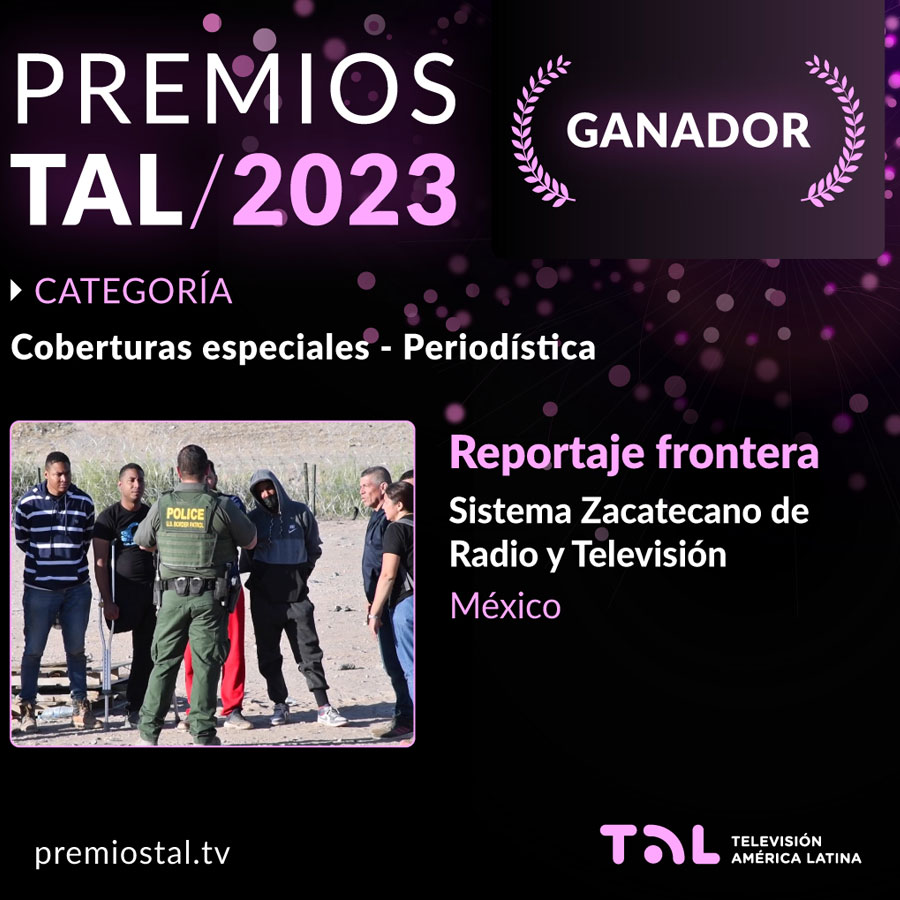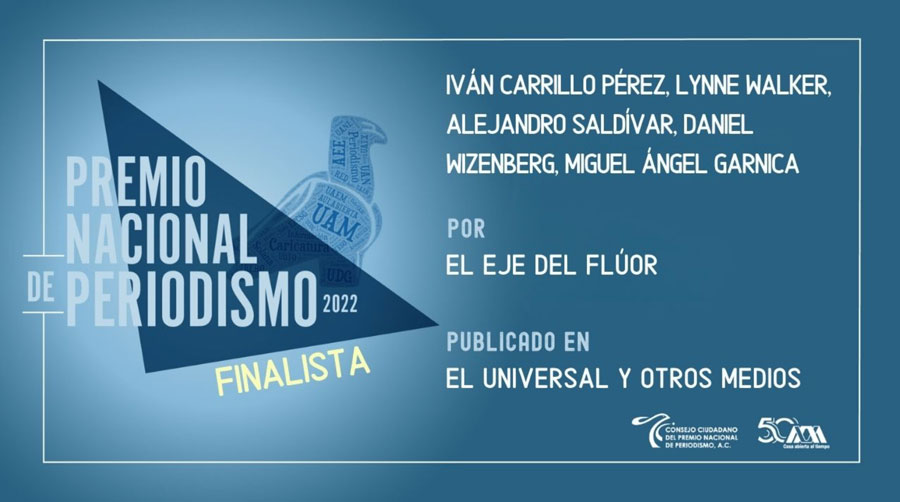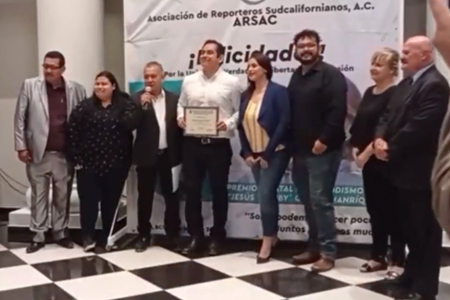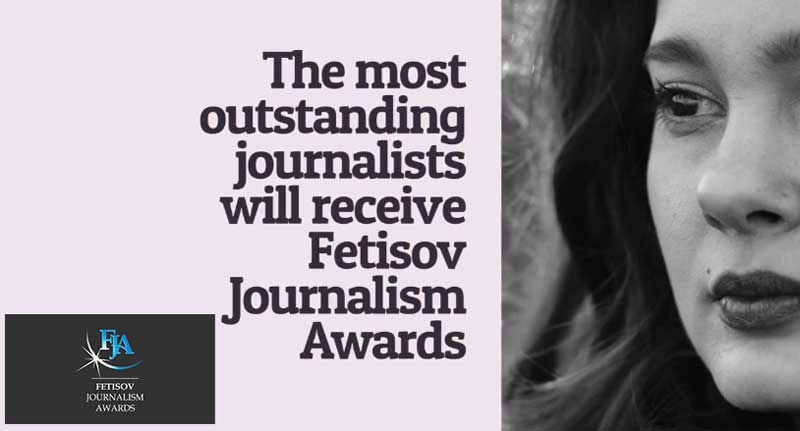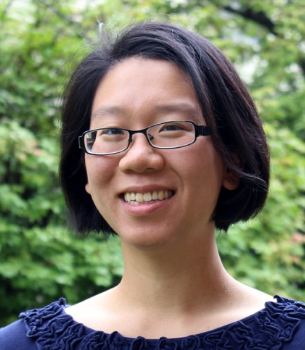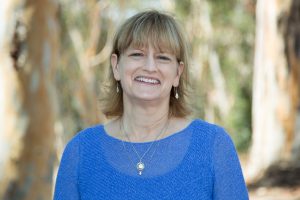InquireFirst wins three international environmental journalism awards in 2024

InquireFirst just learned that we have been awarded a third international journalism award for our coverage of climate change and the environment.
In October 2024, the Society of Environmental Journalists (SEJ) recognized our multimedia project SOS: Climate Change Threatens Our Traditional Foods with Second Place Honorable Mention in the Outstanding Explanatory Reporting, Small (newsroom) category.
The SEJ Awards are the world’s largest and most comprehensive environmental journalism competition. This year, judges and subject-matter experts, including journalists and professors, read, listened and viewed 532 entries in 10 categories.
In recognizing our project, the SEJ judges said the reporting “is a sharp reminder of the unfair burden climate change imposes upon developing economies and Indigenous cultures where threatened traditional foods are staples. It is also a stark reminder for those in developed agricultural economies that climate change is an unwelcome guest at their own dinner tables who poses threats to global food security. Thought provoking, eloquent, powerful and sweeping in scope.”
This is the second international award that has recognized our climate change project. In July 2024, Covering Climate Now recognized our project as a winner in the Food & Agriculture category.
Covering Climate Now received 1,250 entries for this year’s awards from journalists in dozens of countries. We are honored and thrilled that our Historias Sin Fronteras project written by a team of environmental journalists in Venezuela, Colombia, Bolivia and Panama is among the winners.
Our congratulations to the talented and committed and journalists who spent several months researching and writing the stories! They are:
Johanna Osorio, Venezuela
María Clara Valencia, Colombia
Ruth Vargas, Bolivia
Sonia Tejada, Panama
InquireFirst awarded a reporting grant to these journalists during our day-long Historias Sin Fronteras (HSF) workshop at the World Conference of Science Journalists in Medellín in March 2023. After making a compelling pitch in a session attended by almost 50 Latin American science writers, their project was selected to receive a grant by HSF co-founders Iván Carrillo, who edited the project, and Lynne Walker, executive director of InquireFirst.
The 2024 panel of Covering Climate Now Award judges said:
“Arepas, pabéllon, bandeja paisa, and even rice itself: Many of Latin America’s staple foods, dishes that have defined culture for generations, are at risk due to extreme weather and declining crop yields. For Historias Sin Fronteras, journalists from across the region tell three interconnected stories that ask readers to contemplate climate change from the vantage points of their kitchen tables.
“Serving up intimate human stories with ample helpings of data and mouth-watering food photography, the stories impressively encapsulate many of the complex ties between climate change and agriculture and food. If more food writing dovetailed with climate reporting like this, we would all be better informed eaters.”
In April 2024, our multimedia project titled Traces of Oil in the Peruvian Amazon won Third Place in the Fetisov Journalism Awards in the category of Excellence in Environmental Journalism.
This project, meticulously reported and beautifully written by journalists Barbara Fraser, Marilez Tellez and Leonardo Tellez in Peru and photographed by Ginebra Peña, put an international spotlight on the devastating impact of 50 years of oil exploration in the Peruvian Amazon. The project was edited by Bolivian environmental journalist Eduardo Franco Berton, founder of RAIBolivia.org.
Barbara Fraser, a freelance journalist who has lived in Peru for more than 30 years, and Marilez Tello, an indigenous journalist working at Radio Ucamara on the banks of Peru’s Marañón River, traveled to Istanbul for the April 2024 award ceremony.
Some 400 entries from 96 countries were submitted for this year’s Fetisov Journalism Awards — and more than 100 of those entries were in the Excellence in Environmental Journalism Category.
Fraser said, “It was interesting to see how many of the (Fetisov) winners are freelancers. It made me realize how important projects like InquireFirst are. Without grants, it’s next to impossible to do the kind of reporting that wins this kind of award.”
Most of the $10,000 in prize money will be used by Radio Ucamara to expand its reach to more indigenous communities in Peru’s Amazon.
We are also excited to report that a team of four early-career journalists in Quito, Ecuador, whose compassionate and data-driven project In the bubble: how to survive Down Syndrome in Ecuador was awarded Honorable Mention for Reporting in Digital Media by the National Journalists’ Union of Ecuador in February 2024.
Gabriela Coba, an Ecuadorian journalist with Primicias, Kevin Hidalgo with Revista Vistazo, Emilia Paz y Miño with GK Ecuador and Manuel Novik with Plan V, produced their in-depth project in just six weeks during our Voces Emergentes Ecuador program in the summer of 2023.
Working as a team and guided by editor Gabriel Pasquini, a columnist with The Washington Post, the four journalists researched, wrote and published their multimedia project in August 2023.
In more good news, HSF editor Iván Carrillo was recognized by Covering Climate Now in a separate category for a short documentary that he and an international team of journalists produced, “Glaciers: A World Without Ice?”
The judges called his work “a model documentary” and said, “At a time when many people’s understanding of climate change is still limited, we need more well-crafted explanatory journalism like this.”
Thanks to our Sponsors


